Just like the titular character, Boogiepop Phantom the series has become some sort of urban legend itself in this medium. Its Light Novels are amongst the first Light Novel ever released, dating back to mid-90s. Moreover, the franchise has endured the test of time, as it inspires anime, live-action adaptations and Boogiepop is a well-known face in Japan. This new version intends to adapt the Light Novels more faithfully as it goes through several arcs from the source. All in all I consider this an average adaptation to its classic source. It has tons of issues, both production-wise and character-wise, although the arcs themselves are all quite decent.
There are reasons why Boogiepop still remains in the conversation of the medium till this day. The most distinguished feature lies in its non-linear, puzzling narrative. There’s a saying of “style over substance”, but for shows like Boogiepop it’s the styles that become the substance. Introducing dozen of characters within an arc, some have more significant roles than the others, floating in and out of time, sometimes within a dream; Boogiepop’s narrative is like a jigsaw puzzle. There’s bits and pieces the show throws at us during the arc, but until the last pieces fit in, should viewers see the full picture. This narrative style demands viewers’ attention throughout, and if you miss one bit of information you might feel at a total loss, hence I can see why viewers would turn off by it. But it’s a rewarding process for those who decide to stick with it as the story starts to add up and sink in the more we explore its universe.
The very strength of this disjointed narrative is that it provides multiple points of view, each character has different issues, they have different ways to view the world and all add up to bring the multifaceted layers of this universe. I also appreciate how each characters have different goals in mind, even the ones who don’t contribute much to the main plot like repressed homosexual feeling from one character in “Vs. imaginator” arc, or Makoto’s feeling of his father in “The King of Distortion” arc. They might not be relevant to the events of the arcs they are in, but they all speak to the same theme that Boogiepop trying to address since the first episode…
And that theme is adolescent growth. In Boogiepop universe, there are supernatural beings that exist beside us. These supernatural beings, however, are products of teenagers’ insecures. People’s fear and myth that form a physical manifestation of these beings. While I certainly approve this underlying message, the way Boogie presents these themes are both obvious and hazy at the same time. As for the former, the speech between Suema and Aya Orihata in “Vs. Imaginator” arc when Orihata about to jump off the balcony are way too heavy-handed when Suema tries to explain the whole “what does this series mean” speech to convince her not to jump. On the opposite spectrum, sometimes this underlying message can be too unclear and pretentious for its own good. I still can’t make heads or tails what progress Shiro Tanaka the Archer been through in the last arc since there’s little to no emotional attachment whatsoever. Indeed, this is the main weakness of Boogiepop, it’s more interest at being intriguing and not much about building up emotions or characters we can care for.
Boogiepop consists of 4 different arcs and an unusual 18 episodes airing. Out of these arcs I would say that the first arc “Boogiepop doesn’t laugh” is its worst (and the premiere isn’t the good way to introduce the show), not because the source isn’t strong, but it condenses the plot to much it becomes too linear for the show’s nature. Take note that none of these arcs are bad, they are messy, yes, but they all hold up well at the end and they bring the right atmosphere to the show. The only issue I can point out, is the visual where sometimes the characters go off-model, and CG crowds that stand out like a sore thumb. The score is at least intriguing and unusual. It uses electronic score with sometimes just stop abruptly in the middle of conversations, which again bring out the off putting nature of Boogiepop.
Finally, as I mentioned briefly before, the characters unfortunately isn’t the show’s strong suit. Part of it because of the disjointed narrative, and part of it because there are no real protagonist in this show. That is the reason why “Boogiepop at Dawn” arc fares so well because Nagita is the clear main character who drives the events. The worst of the cast, unfortunately, is Touka Miyashita. We learn little to nothing about her own character (except from she having a family issue as well) and for the character who supposed to be a vessel for the titular character, this is just not enough. Boogiepop is a mess, Boogiepop is emotional distance, Boogiepop can be frustrating to watch at times but its puzzle-like narratives can sink in and be rewarding for those who have enough patience.

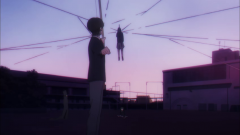
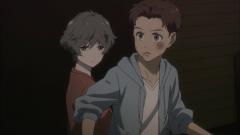
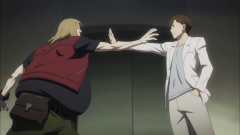
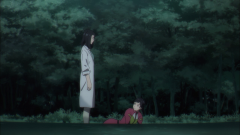
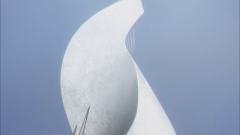
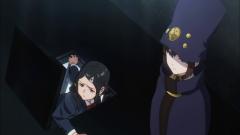
An outstanding share! I have just forwarded this onto a coworker who was doing a little research on this. And he actually bought me lunch simply because I discovered it for him… lol. So allow me to reword this…. Thank YOU for the meal!! But yeah, thanks for spending time to discuss this matter here on your website.